While the world has made significant strides in recognizing LGBT+ rights, transphobia is still largely fueled by a fear of the unknown. As Gabrielle Union fiercely noted in her speech at the 2023 NAACP Image Awards, there is still a tremendous amount of work to be done, especially within the Black community.
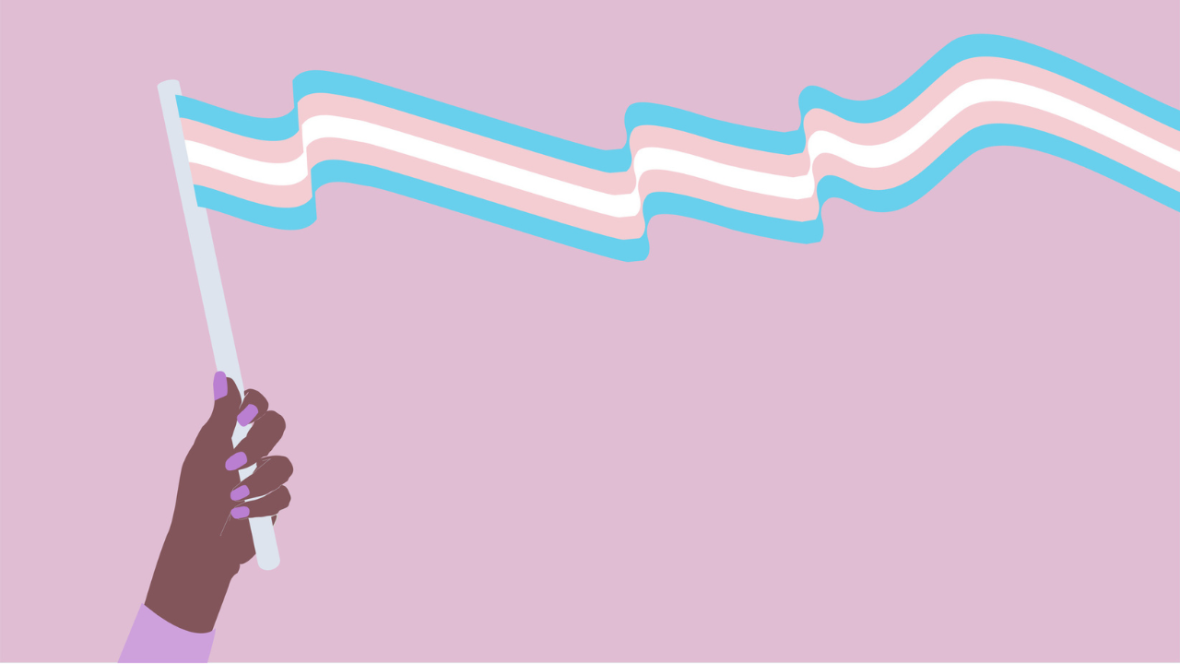 Trans Day of Visibility (Photo: Getty Images)
Trans Day of Visibility (Photo: Getty Images)“The intersection of Black rights and the rights of the LGBT+, trans, and gender non-conforming people continues to be rough. Even as we demand equality at the top of our lungs, we consistently fail to extend our advocacy to protect some of our most vulnerable among us,” said Union.
Unfortunately, existing anti-trans biases mixed with structural racism make transgender people of color vulnerable to crushing levels of discrimination. According to a survey conducted by the National LGBTQ Task Force, Black trans people experience injustice at every turn; whether in healthcare, housing, employment, education, or interactions with law enforcement, Black trans respondents experience persistent structural and interpersonal acts of racism. These actions manifest themselves in several ways, including harassment, loss/denial of job and housing opportunities due to bias, neglect in healthcare, and more.
“The stark truth is that the multilayered effects of poverty, race, and class discrimination are devastating for Blacks. These findings show just how profoundly harmful it is when discrimination based on gender identity is also in the mix,” said Rea Carey, executive director of the National Gay and Lesbian Task Force. “These data make it clear that racial and economic justice are among the most critical issues facing LGBT+ people.”
Despite the popularity of shows like “Pose,” “P-Valley,” and “All American: Homecoming,” which portray Black transgender actors and characters with a humanistic lens, many young people remain ignorant of the realities of trans life. New research from Just Like Us, a charity working to help improve the lives of LGBT+ young people, found the majority of people who consider themselves “anti-trans” (74%) don’t know a trans person in real life.
The survey of adults aged 18 to 25 found that knowing a trans person makes people twice as likely to be an ally. In fact, 64% of people who do know a trans person described themselves as “very supportive” of trans people, compared to the 33% of people who do not know any transgender people.
Ultimately, transgender people — and especially Black transgender people — need greater support. Almost half (49%) of the task force’s Black respondents admitted to attempting suicide. The study also found that family acceptance resulted in lower rates of suicide, homelessness, and more. But, when members of the transgender community are ostracized from their families, strong allies and “chosen families” can provide potentially lifesaving support.
For instance, allies can be crucial in establishing a welcoming and inclusive workplace, given that LGBT+ individuals are neither a majority in the population nor in most workplaces. LGBT+ people cannot achieve this on their own. By supporting and showing solidarity with LGBT+ individuals and communities, allies can help eliminate the ignorance that leads to problems and actions that negatively affect these individuals’ daily lives and livelihoods. Allies can provide a safer environment to LGBT+ individuals during the coming-out process — and help educate others on the significance of equality, fairness, acceptance, and mutual respect.
So, in honor of Trans Visibility Day, like Union, theGrio encourages everyone to ask themselves: “Will [you] fight for some, or will [you] fight for all of our people?”
TheGrio is FREE on your TV via Apple TV, Amazon Fire, Roku, and Android TV. TheGrio’s Black Podcast Network is free too. Download theGrio mobile apps today! Listen to ‘Writing Black‘ with Maiysha Kai.
.png)
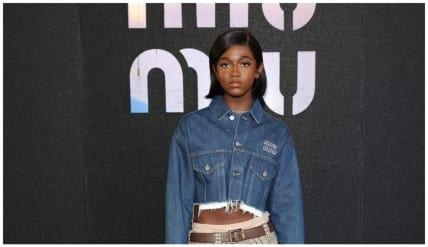
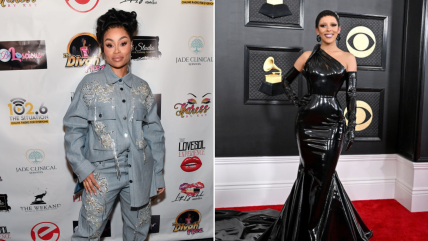
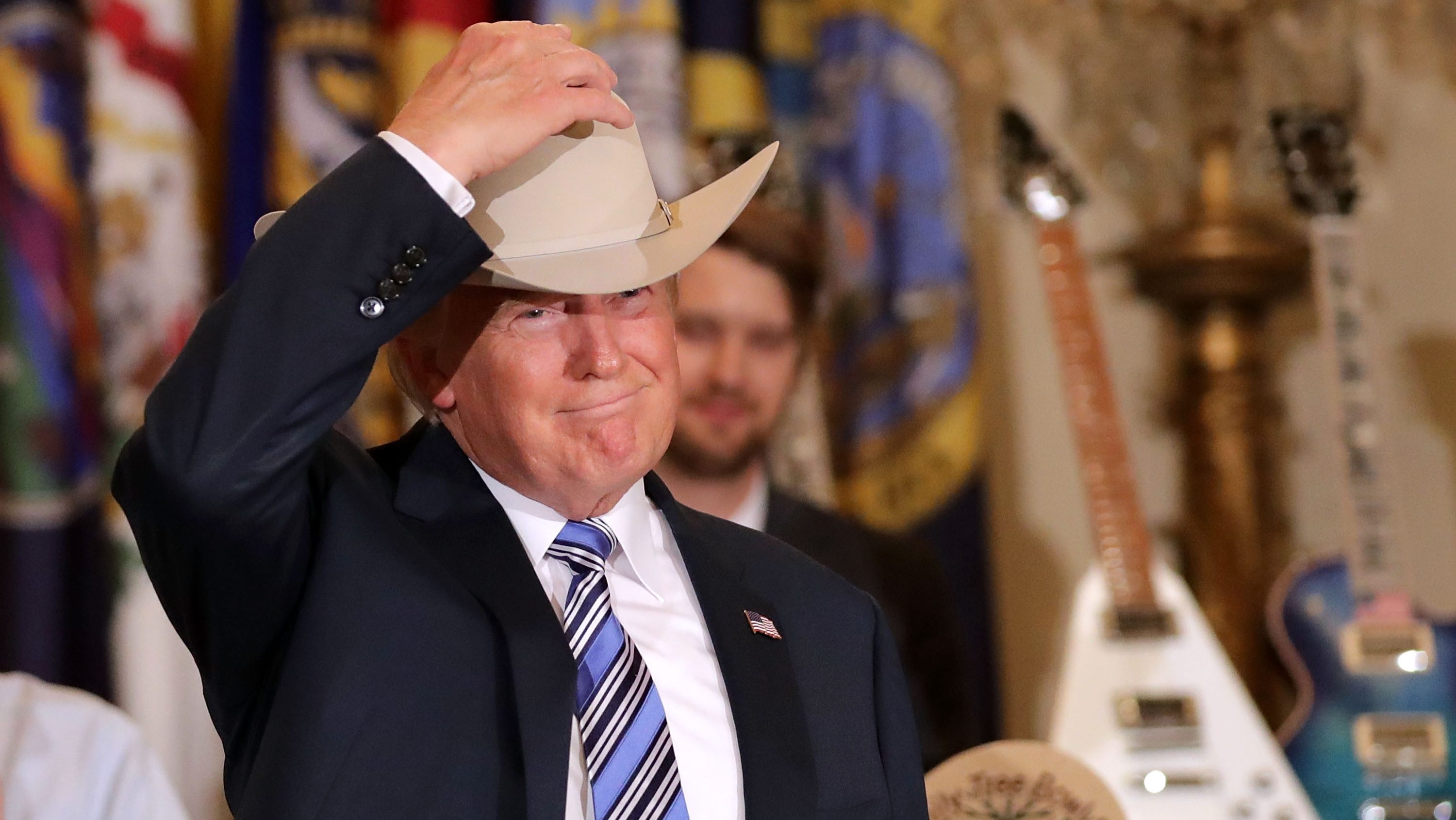
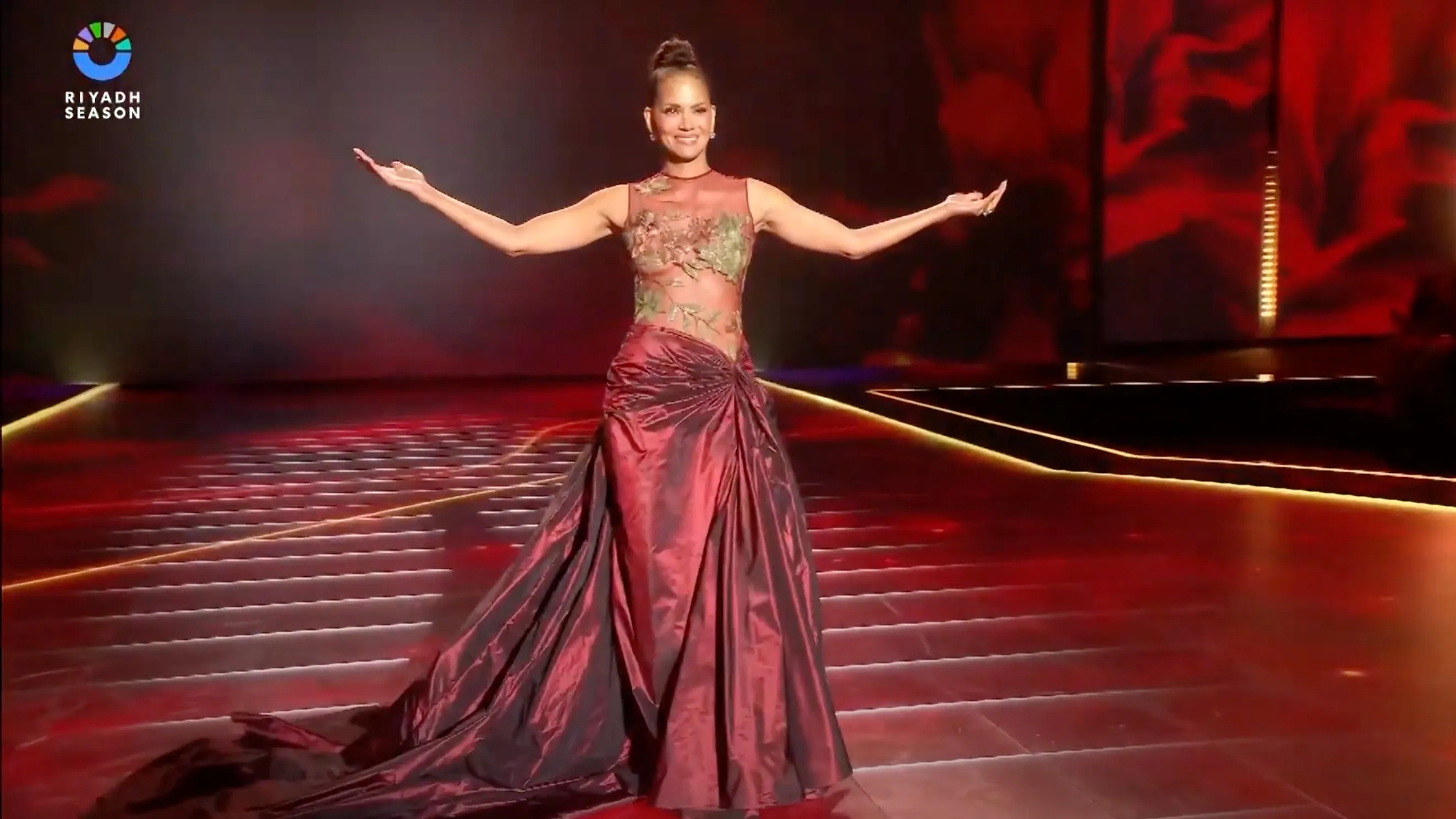
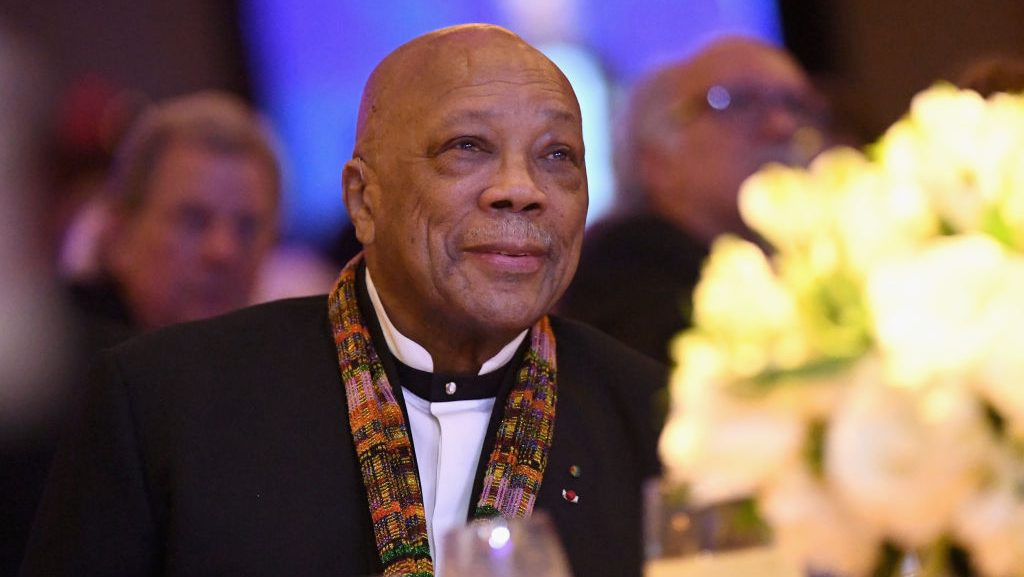






 English (US) ·
English (US) ·